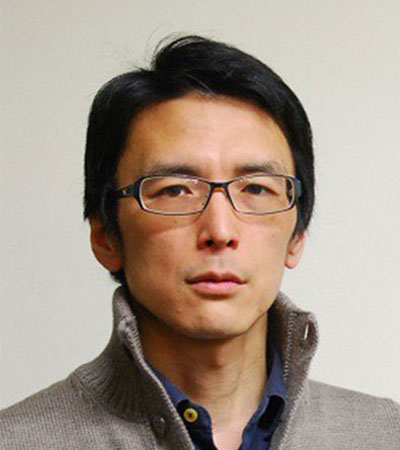The philosopher as a gadfly for society

Dispatches from the coronavirus crisis
We selected 10 researchers from among the University of Tokyo’s 26 constituent departments and asked them to write one-page accounts of the coronavirus pandemic from the perspective of their own field of specialization. This also presented the opportunity for them to attempt to frame their own research through the lens of the pandemic.
What were UTokyo researchers thinking and feeling in the summer of 2020? What do researchers say when they are talking about the pandemic? Some answers to these questions will be found in this series of pages.

The philosopher as a gadfly for society

Philosophy
Associate Professor at the Graduate School of Arts and Sciences
When the coronavirus pandemic began, feeling that a philosophy scholar such as myself had nothing relevant to say about infectious disease, I turned down requests to speak to the popular media. However, my feelings began to change after I encountered a remark made by a philosopher: Giorgio Agamben.
This 78-year-old Italian philosopher spoke resolutely about the coronavirus pandemic and ended up being “flamed,” as online parlance would have it. Witnessing this, I felt motivated to convey the gist of his message to people in Japan.
Agamben expressed two concerns. The first of these was the current situation in which many people are being interred without funeral services. Of course, the possibility that new infections may spread from bodies can be understood. However, what would be the consequences for society if we were to cast aside our regard for the dead without any hesitation? What kind of society would it be that does not recognize any value other than mere survival?
It is common knowledge that Italy is one of the countries that has been most affected by this pandemic. In this context, Agamben expressed his strong opposition to the current situation, in which “the rights of the departed” are trampled in the name of survival.
His second point concerned restrictions on the freedom of movement. Agamben says that restrictions on freedom of movement due to a “state of emergency” are something that would have been unthinkable even in wartime. Here we have the idea that freedom of movement, rather than simply one of many freedoms, is actually a freedom at the root of various freedoms (e.g., freedom of thought) that have been established in the modern era as rights.
In this respect, Agamben’s claim resonated with a speech delivered by Angela Merkel, the German Chancellor. A native of East Germany, Merkel knew well that this freedom was a right that had been won at the cost of considerable struggle. Accordingly, she did not forget to hammer home the point that such limitations should never be imposed lightly.
Since Merkel is a politician, she then went on to demand that limitations be placed on freedom of movement. Agamben, a philosopher, spoke resolutely in order to sound a warning about the current situation, in which people are readily accepting these limitations.
When I saw Agamben, I was reminded of the words of Socrates. Socrates said that philosophers are akin to gadflies that keep society awake and alert with their occasional stinging bites. Gadflies are disliked because of these stinging bites. But Agamben tried to be such a gadfly. That is why, as someone who studies philosophy, I felt that I could not simply stand by to watch him being flamed from the sidelines.
* This article was originally printed in Tansei 41 (Japanese language only). All information in this article is as of September 2020.






